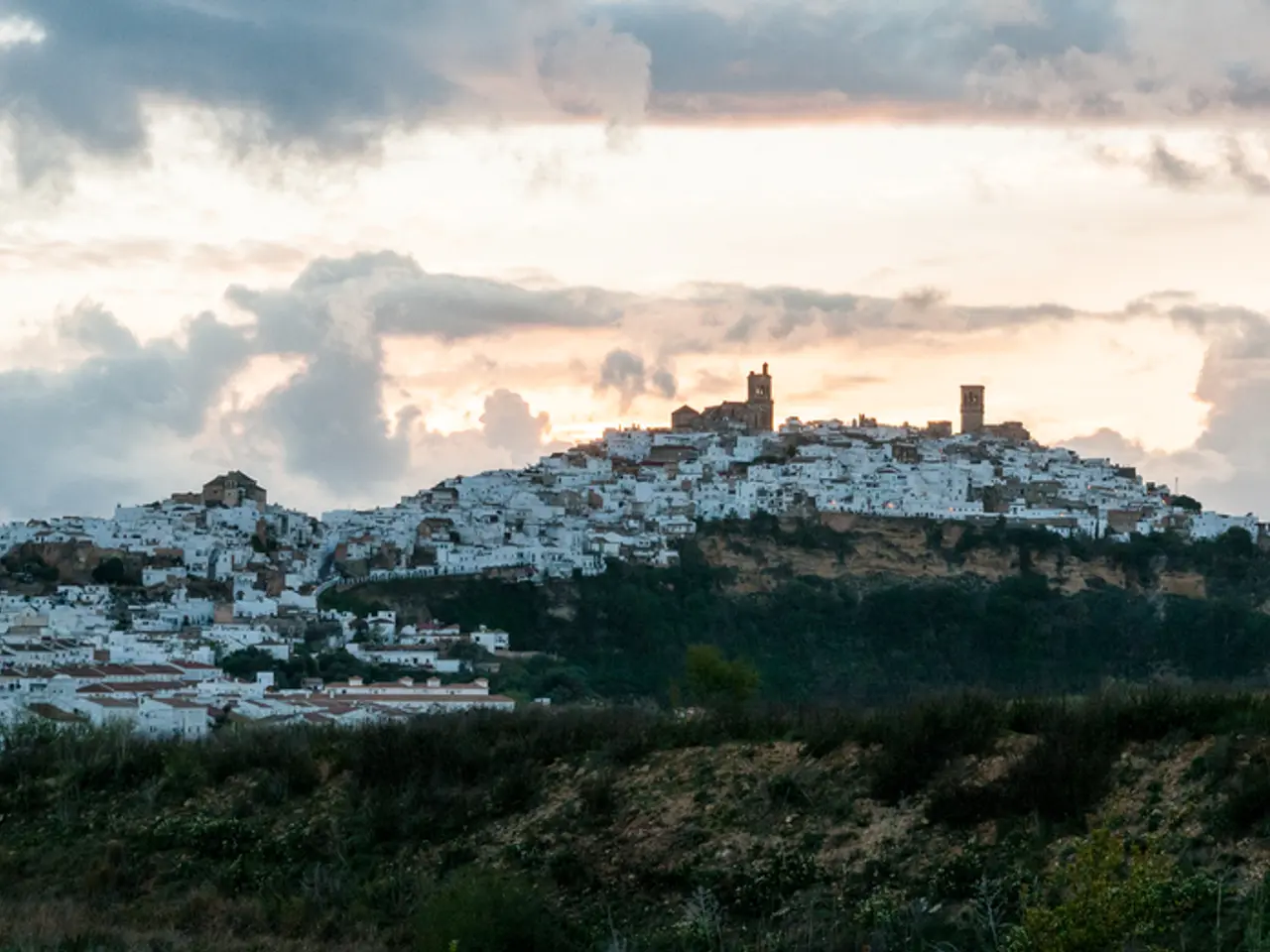"Urban culture encompasses personal recollections and lived experiences"
The Arabisches Filmfestival Berlin (ALFILM) is set to return from April 26 to May 2, with a focus on "Ghosts, Griefs and Lost Dreams: Visions of the City in Arab Cinema." This year's theme aims to delve into the deep emotional and psychological experiences of grief, trauma, memory, and lost aspirations through the lens of urban settings in Arab cinema.
The festival's selection of films often employs ghosts and haunting motifs as metaphors for dealing with personal and collective histories, lost dreams, and unresolved sorrows that are inextricably linked to the cityscapes they portray. For instance, Chi Thai's film, *Lullaby*, uses a ghost story and haunted house framework to externalise the internal grief, survivor’s guilt, and trauma related to forced migration and baby loss.
In this context, cities are depicted not just as physical entities but as psychological and emotional battlegrounds where past and present specters—be they memories, cultural traumas, or political upheavals—manifest as "ghosts." These cinematic visions bring forth the complex layers of identity, memory, and history intertwined with the cities in the Arab world, expressing how grief and lost dreams shape individual and collective cultural narratives.
Iskandar Abdalla, who was born in Alexandria, Egypt, and has been working with ALFILM since 2015, has curated this year's focus. Abdalla, who is pursuing his doctorate at the Berlin Graduate School Muslim Cultures and Societies (BGSMCS), has a research focus on Islam in Europe and topics related to the film and cultural history of the Arab world.
The festival's Spotlight includes two films from Syria, "Dreams of the City" (1984) by Mohamad Malas and "Damascus Dreams" (2021) by Émilie Serri. Tamer El Said, the director of "In the Last Days of the City" (2016), will conduct a masterclass at the festival.
The focus also includes films about places where it's difficult or impossible to film, such as Gaza, and discusses revolutions and their impact on cities, as well as different experiences and power dynamics. A film like "In the Last Days of the City," which was filmed over almost ten years and is no longer possible to film Cairo like that today, offers a poignant example of this.
The festival's website (www.alfilm.berlin) provides more information about the films, events, and schedule for ALFILM 2023. Classics like "Life or Death" (1955) by Kamal al-Shaikh, a film about Cairo that is not often seen in Berlin, will also be screened.
By combining genre storytelling—like horror and ghost tales—with critical social themes, ALFILM 2023 aims to make visible the invisible wounds of Arab societies, inviting audiences to confront and reflect on the deep scars left by migration, political conflict, and loss, while also offering moments of catharsis and understanding. It underscores contemporary Arab cinema’s engagement with both the personal and political dimensions of living in, and imagining, the city as a site of memory, mourning, and hope.
- The Arabisches Filmfestival Berlin (ALFILM) delves into the lifestyle category, particularly with its focus on "Ghosts, Griefs and Lost Dreams: Visions of the City in Arab Cinema."
- Iskandar Abdalla, the festival's curator, has a research interest in education and self-development, specifically in Islam in Europe and the film and cultural history of the Arab world.
- In the food-and-drink segment, classic films like "Life or Death" (1955) by Kamal al-Shaikh, a film about Cairo, are screened at the festival.
- The travel section of the festival features films that portray challenging locations such as Gaza, offering insights into revolutions and their impact on cities, as well as diverse experiences and power dynamics.




